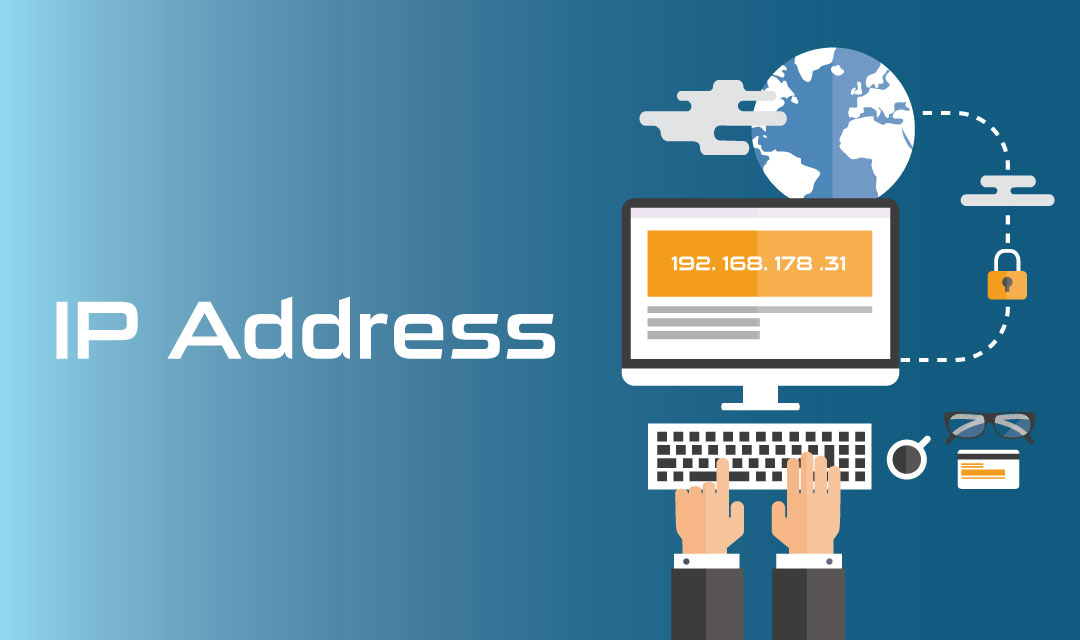
Every IP address is registered through IANA, and the organization that registered an IP block will have the right to use them as long as they remain active.
How are IP addresses assigned?
From our previous article, How are IP addresses assigned?, we learned that ICANN oversees IP Address and DNS management to ensure they are unique across the world. Within the ICANN, there is a sub-organization IANA that maintains the technical aspect of the IP Address, ASNs and Root Zone management of DNS.
Under IANA, there are 5 RIRs (Regional Internet Registry) that allocate Internet Numbers which are comprised of IPv4 Addresses, IPv6 Addresses, and ASNs within their respective regions. There are 5 RIRs: AFRINIC (Africa), APNIC (Asia-Pac), ARIN (American), LACNIC (Latin America), and RIPENCC (European). Each RIR allocates Internet Numbers for their region, and works with other RIRs to ensure fair allocation of IP addresses.

How to find the owner of an IP Address?
Organizations, ISPs, and governments within each RIR register blocks of IP addresses and ASNs through their respective RIR, and earn the right to use the allocated IP numbers. ARIN maintains the WHOIS database of all IP numbers assigned and provides a lookup service for everyone to query and find owners of IP addresses. IP numbers are generally assigned to organizations (ISPs), so one or more blocks of IP addresses are assigned to them. The ISPs then reallocate smaller blocks of IP address to their customers (businesses and individuals) and may update WHOIS ownership of those reassigned blocks to its customers depending on how they are leased.
To find an owner of an IP address, you'll use ARIN WHOIS lookup tool to query an IP address. Much like the domain WHOIS lookup, the ARIN WHOIS lookup will provide the details of Network, Organization, and Contact information.

ARIN lookup of Google IP Address
As seen from the screenshot above, the WHOIS lookup provides the IP block, parent organization, reallocated organization (if any), and date of registration among others. It also provides "abuse" contact information whom you can contact abuses such as spamming, phishing, and other illegal activities originating from the target IP address.
The ARIN WHOIS information is public, and anyone can look up owner information of IP blocks. Some organizations may choose to conceal their ownership, and not make them available publicly. In such an event, the contact information may not be available.
How do you find an IP address?
You may use our IP lookup tool to find your own IP address or enter a domain name and we'll find the IP address of the server hosting the website. We also provide the Who is hosting a website tool to help you find who hosts a website. Regardless of which method you use, you'll be able to find an IP address of the desired host.
Private IP Addresses
Some IP blocks are allocated for private use, and they are owned by IANA themselves. However, private IP blocks are available for anyone to use, and they are not globally unique. Any individuals or businesses can use private IP blocks to set up their own private networks and allow them to connect more machines than the number of (public) IP addresses available to them. The available private IP blocks are:
- Class A: 10.0.0.0 – 10.255.255.255
- Class B: 172.16.0.0 – 172.31.255.255
- Class C: 192.168.0.0 – 192.168.255.255
How do you protect your IP address?
Protecting your IP address with cloud services involves leveraging the security features and infrastructure provided by reputable cloud service providers. Cloud services offer a layer of anonymity by masking your IP address with the provider's infrastructure, making it more difficult for malicious actors to trace your online activities back to your specific device or location.
Cloud providers implement robust encryption protocols to secure data transmission, further safeguarding the confidentiality of your IP address and other sensitive information. By leveraging networking features such as Virtual Network (VNet) peering, Network Security Groups (NSGs), and Firewall, organizations can gain visibility into the traffic flowing through their networks and identify the sources and destinations of IP addresses. For businesses, Azure certification opens doors to a multitude of opportunities, including enhanced scalability, improved data security, and streamlined operations.
Conclusion
Anyone who needs IP addresses can register them through RIRs (ARIN for North America), and the ownership information will become public. An IP address is public information anyone can look up, and it can be used to find the geolocation of a host. (a computer, server, or smart device). Although an IP address is assigned to a device, it does not provide personal information about the person who is using it.
Share this post
Leave a comment
All comments are moderated. Spammy and bot submitted comments are deleted. Please submit the comments that are helpful to others, and we'll approve your comments. A comment that includes outbound link will only be approved if the content is relevant to the topic, and has some value to our readers.

Comments (0)
No comment